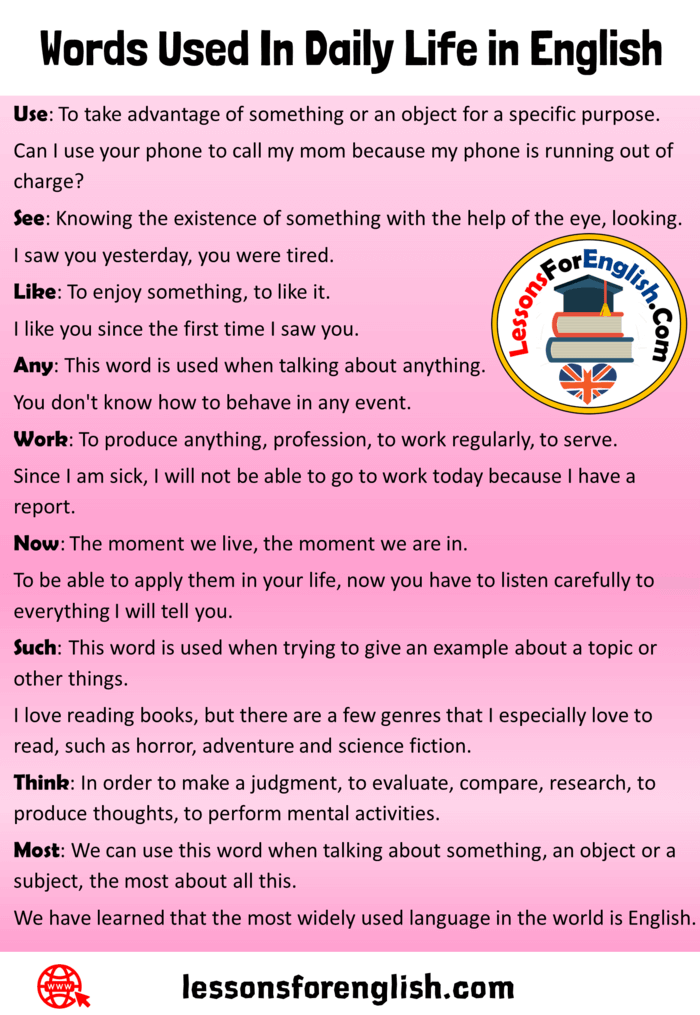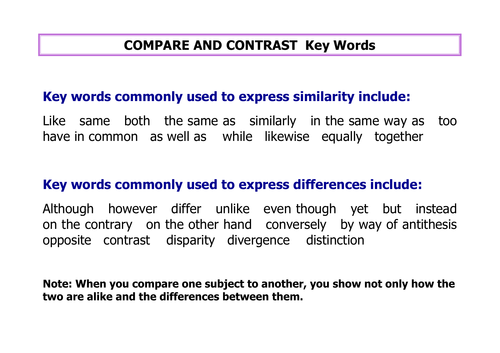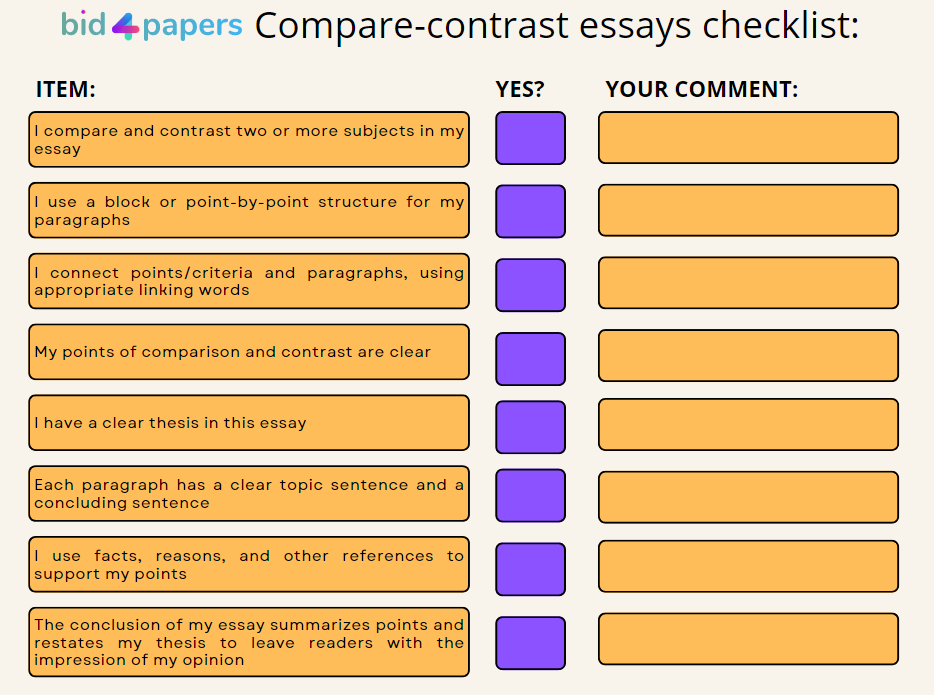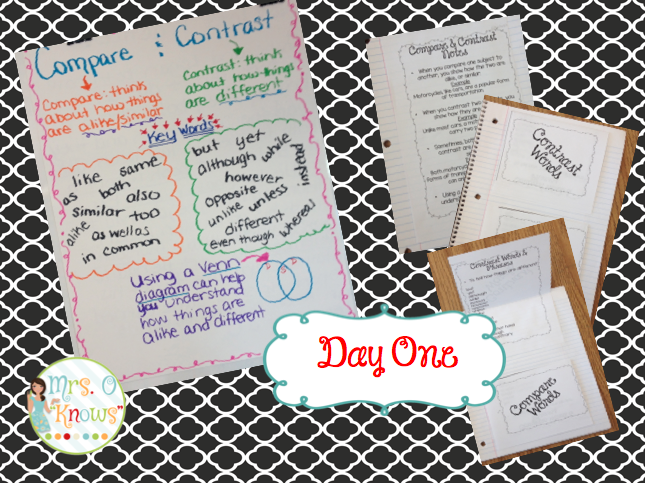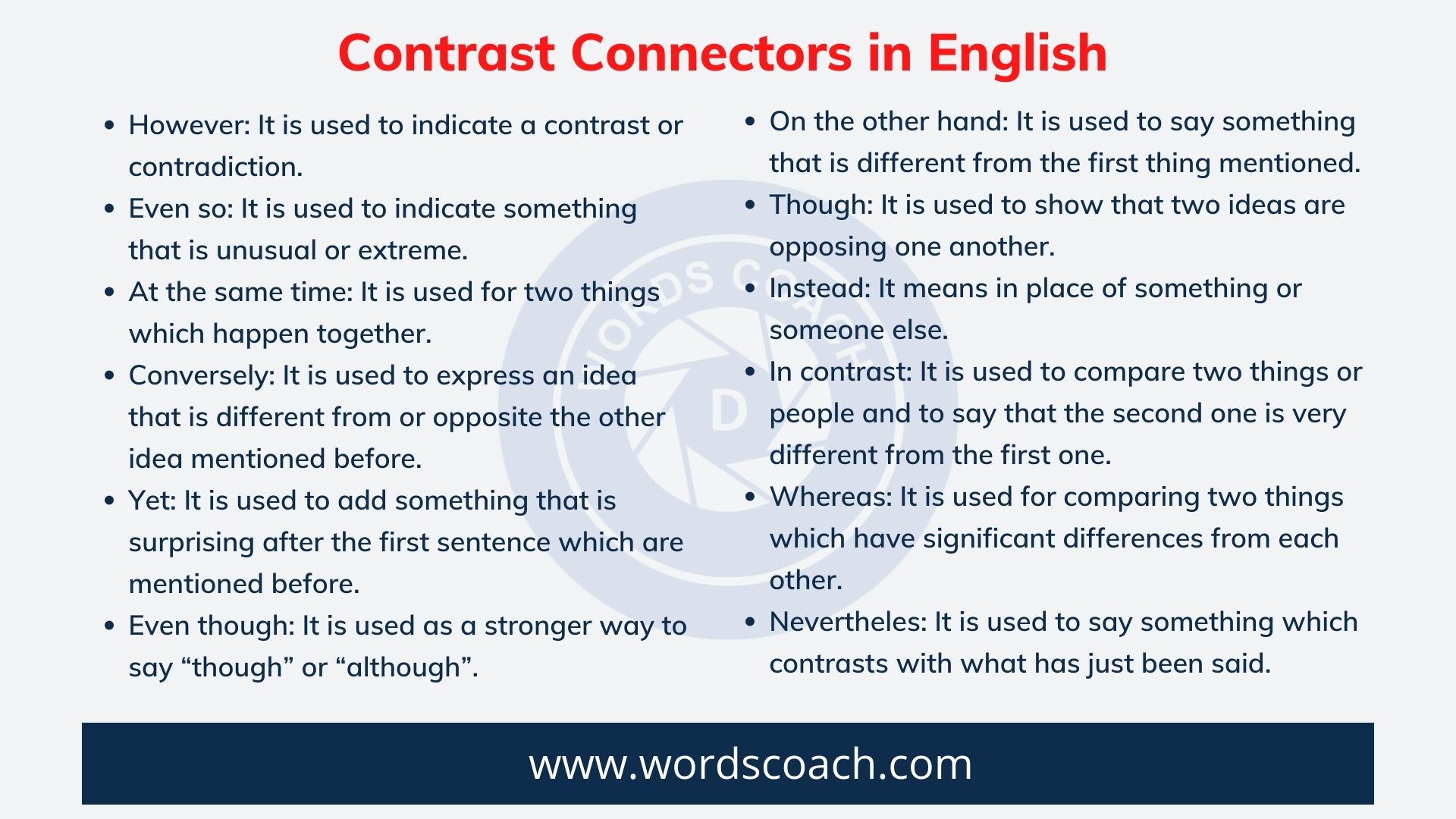Words used to compare, also known as comparative words or comparative adjectives, are a vital part of the English language. They allow us to compare two or more things and express the degree to which they are similar or different.
There are several types of comparative words that we can use in English. The most common type is the comparative adjective, which is used to compare two things. For example, we can say "This apple is redder than that apple." In this sentence, "redder" is the comparative adjective, and it is used to compare the redness of the two apples.
Another type of comparative word is the superlative adjective, which is used to compare three or more things. For example, we can say "This is the tallest building in the city." In this sentence, "tallest" is the superlative adjective, and it is used to compare the height of the building to all other buildings in the city.
In addition to comparative adjectives, there are also comparative adverbs that are used to compare actions or events. For example, we can say "She sings louder than he does." In this sentence, "louder" is the comparative adverb, and it is used to compare the loudness of the two people's singing.
It is important to use comparative words correctly in order to effectively compare things and express our thoughts and ideas. In English, we often use the suffixes "er" and "est" to form comparative and superlative adjectives. For example, we can take the adjective "happy" and add "er" to form the comparative adjective "happier," and add "est" to form the superlative adjective "happiest."
However, not all comparative adjectives are formed using these suffixes. Some adjectives have irregular comparative and superlative forms. For example, the comparative form of "good" is "better," and the superlative form is "best." It is important to learn the correct forms of these irregular comparative words in order to use them correctly.
In conclusion, comparative words are an important part of the English language, and they allow us to compare two or more things and express the degree to which they are similar or different. Whether we are using comparative adjectives, comparative adverbs, or irregular comparative forms, it is important to use them correctly in order to effectively communicate our thoughts and ideas.


